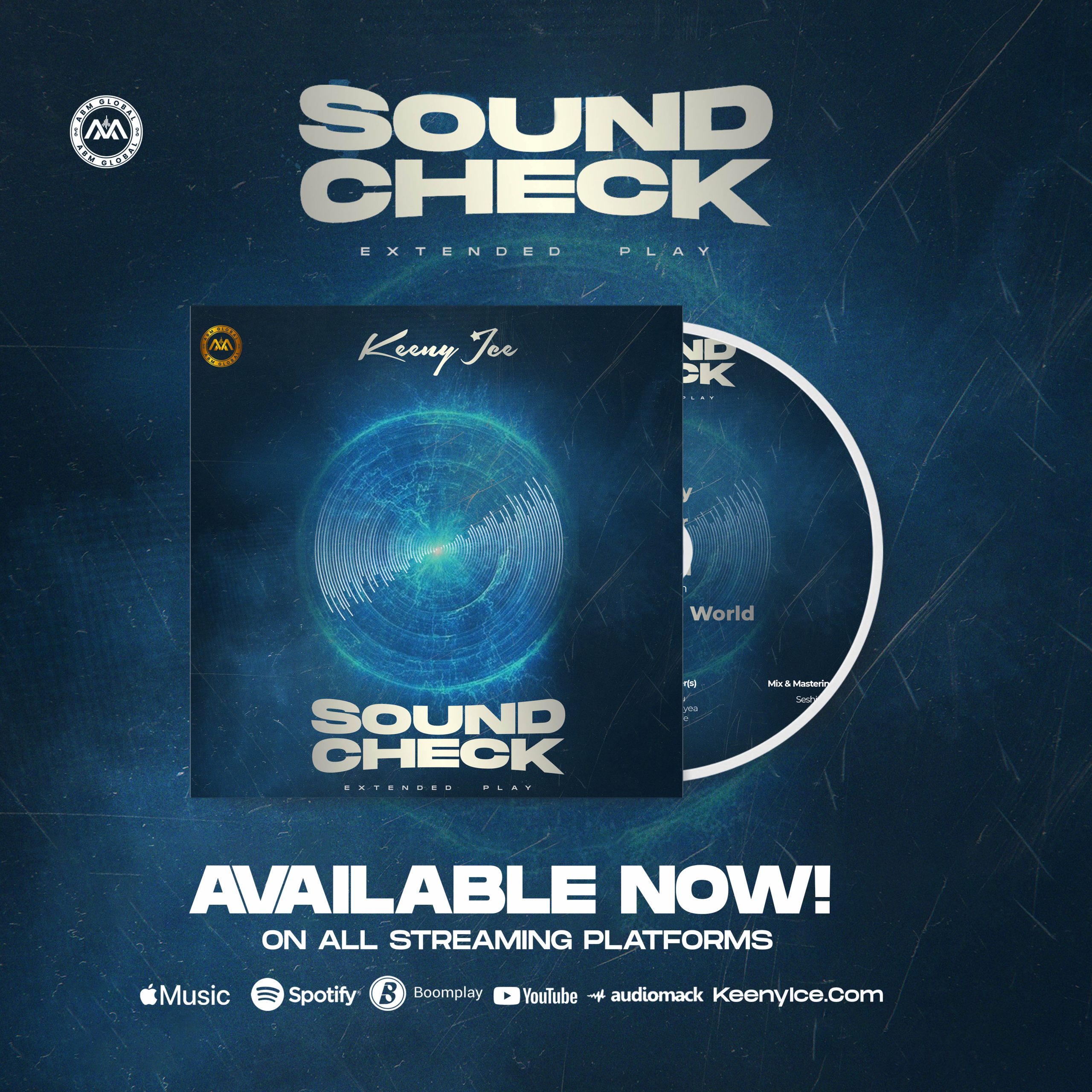For musicians, the law can be very intimidating, and it is not helpful when the law that relates to your craft happens to be one of the most complex areas of the law. However, it is important to have a basic grasp of the relevant laws so that you can best understand how to protect your art.
While the law relating to music is vast and complicated, here are five of the most important points every artist should understand.
- What copyright law helps to protect
The area of law that most impacts music is copyright. While most musicians have surely heard the term copyright before, what is it exactly?
Copyright protects various forms of creative expression that are fixed in a tangible form. However, when it comes to music there are two types of creative works that are most frequently involved: musical works and sound recordings
Musical works refer to the underlying song itself. So, for example, a musical work is what you would see on sheet music. This includes both the music and the lyrics.
Sound recordings, on the other hand, refer to the specific recording of a musical work. So, if you were to write a song, you would own the copyright in that musical work, and if you were to record a version of that song, you would own a second copyright in that sound recording as well.
- How long your copyright lasts
For purposes of this article, we are going to assume that your work was created on or after January 1, 1978, which is when the current Copyright Act went into effect. Assuming that, copyright protection lasts for the life of the author plus an additional seventy years
If you created the work with additional authors, such as a song writing partner, the copyright lasts seventy years after the death of the last surviving author. Once the copyright term ends, the work enters the public domain and anyone is free to use it.
- What rights you have once you own a copyright in your work
As the owner of a copyright, you are granted certain exclusive rights. These include the right to reproduce the copyrighted work, to prepare derivative works based upon the copyrighted work, to distribute copies of the copyrighted work to the public, to perform the copyrighted work publicly (note that this does not apply to sound recordings), to display the copyrighted work publicly, and in the case of sound recordings, to perform the copyrighted work publicly by means of a digital audio transmission.
More specifically, your copyright gives you the right to record your music, sell or otherwise distribute copies of your music in various formats (i.e., vinyl, CD, digital download, etc.), make new works from your original work such as sampling your music to create a new song, perform your music in public, post your music online, and stream your music. Not only does a copyright give you the right to do these things with your music, but it allows you stop others from doing these things with your music without your permission.
- How to enforce your rights
As mentioned above, owning a copyright in a work not only allows you to do certain things with your music, but it allows you to stop others from doing those things with your music. When someone exploits one of your exclusive rights in your music, it is known as copyright infringement This is generally when lawyers get involved.
Now, while copyright rights exist the moment the work is fixed in a tangible form, in order to enforce your rights (or in other words, sue someone), you must first register your work with the U.S. Copyright Office. Additionally, if you register your work with the U.S. Copyright Office within three months of publishing your work, you could be entitled to additional benefits such as the potential to be awarded statutory damages even if you suffered no actual damages and the other side cannot prove that it lost profits, and the potential to recover your attorney’s fees should you prevail.
Copyright registration is a simple and inexpensive process, and therefore it is in your best interest to register your work as soon as you create it. You can find more information about copyrights and copyright registration at the …
https://www.youtube.com/watch?v=BZRzOijx83I
- How to record and perform cover songs
It is a very common practice in music for artists to record and perform the musical works of other musicians. As detailed above, recording, distributing, and performing a copyrighted work is the exclusive right of the copyright owner. However, there are mechanisms in the law to facilitate the recording, distribution, and performance of cover songs.
In order to record and distribute a cover song, you need what is called a mechanical license, which grants you the right to record and distribute the musical composition of another. The easiest way to get a mechanical license is through one of the various companies that provide licenses on songwriters’ and music publishers’ behalf, such as HFA (Harry Fox Agency), Tune Licensing or Easy Song Licensing.
Credit: Digital Music / Digishare Africa/ Jonilar

